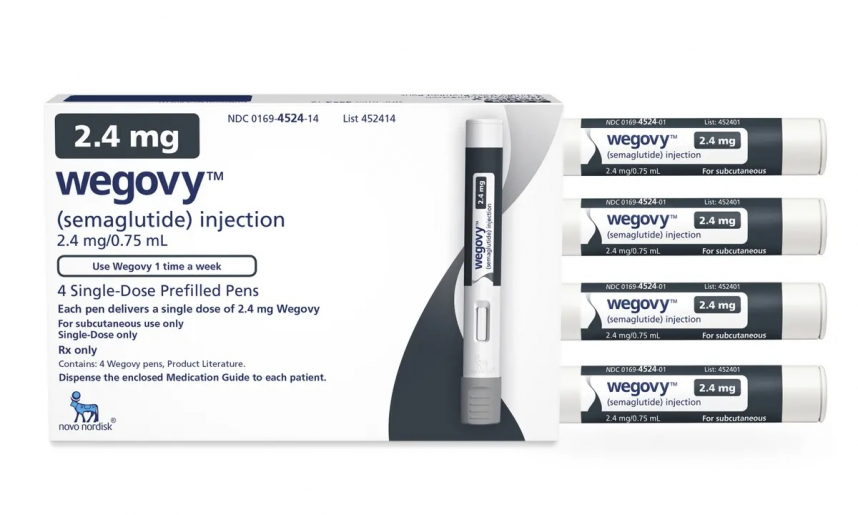
Positive trial data showing Novo Nordisk’s obesity drug helps save and extend lives, not just lose weight, could propel Europe's best-performing stock even higher, according to 10 investors and industry analysts interviewed by Reuters.
Demand for the Danish company's weight-loss treatment Wegovy is soaring in the United States, leading it to significantly raise its full-year profit and sales expectations last month.
But Novo faces challenges in getting broad health insurance coverage from European governments as well as insurers, and the U.S. Medicare health plan for older Americans that classifies weight-loss treatments as lifestyle drugs.
Showing a clear medical benefit in addition to weight loss could change that.
"It doesn’t take a lot of leaps of faith to understand if you lose weight, you will have a lower risk of heart disease," said Jeff Elliott, lead health care portfolio manager at BMO Global Asset Management, and a Novo shareholder.
Novo launched a large-scale study involving 17,500 patients almost five years ago to assess whether Wegovy reduces the risk of major cardiovascular events like strokes or heart attacks in overweight or obese people with a history of heart disease.
It has said it expects results between June and August, though analysts and investors will be looking for any signals on the outcome when Novo releases quarterly earnings on Thursday.
The company declined to comment for this story citing its quiet period ahead of quarterly results.
Barclays analysts reckon a positive outcome from the study, called SELECT, could boost the uptake of Wegovy by a quarter by 2030 if the drug is approved for expanded use for treating cardiovascular conditions.
Less than 15% could put downward pressure on the stock while around 10% would be a major disappointment, some investors and analysts said.
A 20% risk reduction could boost the stock to as high as 1,500 Danish crowns ($220), a third higher than its current price, Barclays said, while failure could see it fall to 900.
In an informal poll of six analysts by Reuters, two agreed with Barclays' prediction that shares could be up by a mid-single-digit percentage if the trial shows a risk reduction of 17%. Four see a more muted reaction, saying they expected shares to rise only by a low-single-digit percentage.
Some said the trial's importance has been overhyped. "The trial will give important data, but it won’t give all the answers in one go and won’t blow the doors open for reimbursement," said UBS analyst Michael Leuchten.